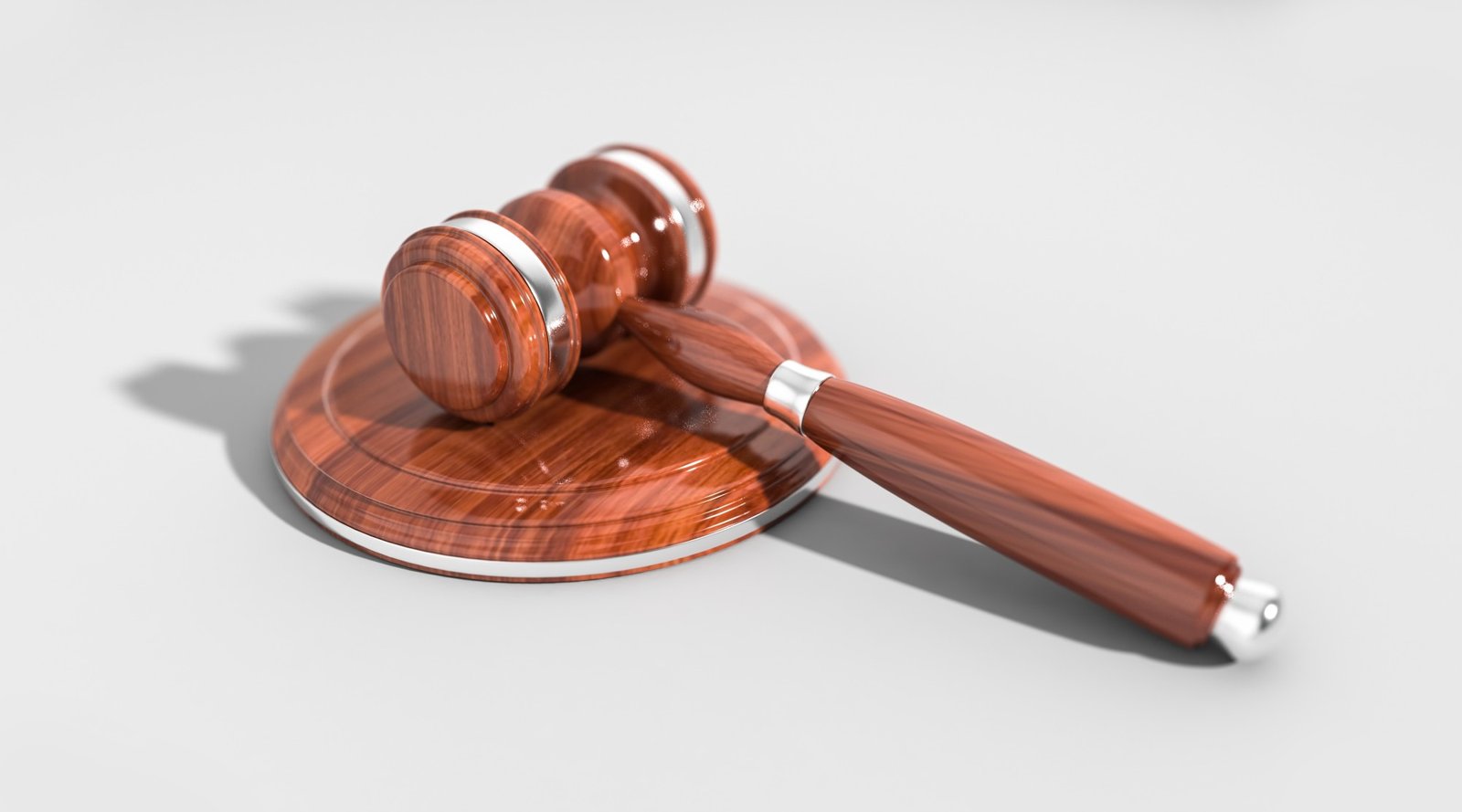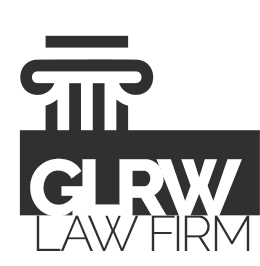
07 Mar The Step-by-Step Guide to Evicting a Tenant in New Jersey – Insights from a New Jersey Landlord Attorney
Evicting a tenant in New Jersey can be a complex process that requires strict adherence to state laws, including the New Jersey Anti-Eviction Act (N.J.S.A. 2A:18-61.1 et seq.). As experienced New Jersey landlord attorneys at Greenblatt, Lieberman, Richards & Weishoff, LLC, we guide property owners through every stage of eviction to ensure compliance with New Jersey’s eviction laws and protect their rights. This guide will walk you through the essential steps of evicting a tenant in New Jersey, whether you’re dealing with non-payment of rent or cause-based eviction.
Step 1: Determine the Reason for Eviction in New Jersey
In New Jersey, landlords can pursue eviction for two primary reasons: Non-payment of Rent and Cause-Based Evictions. The process varies depending on the reason, so it’s important to know which category applies to your situation.
A. Non-payment of Rent:
For non-payment of rent, New Jersey landlords do not need to provide a notice before filing an eviction complaint. You can file a Complaint for Summary Possession directly with the court. Once filed, the tenant will be served with the Summons and Complaint, and the case will proceed to a court hearing.
B. Cause-Based Evictions:
Cause-based evictions involve violations of the lease agreement or illegal activities, and are governed by the New Jersey Anti-Eviction Act. It’s crucial to understand that the end of a lease term is not grounds for eviction unless there is a specific cause listed under the Act. Valid reasons for cause-based eviction in New Jersey include:
- Disorderly tenant (engaging in disruptive behavior)
- Threats to landlord or staff
- Unauthorized occupants living on the premises
- Damage to the property caused by the tenant or their guests
- Engaging in illegal activities on the property
- Refusing to allow access for repairs or inspections
For cause-based evictions, landlords must serve the tenant with at least one notice, and in most cases, two notices are required. These notices often give the tenant an opportunity to cure the violation. If the tenant fails to comply, the landlord can proceed with the eviction.
Step 2: Serve the Proper Notices to the Tenant
In New Jersey, proper notice is required before filing for eviction in cause-based cases (except for non-payment of rent). Here’s an overview:
- For lease violations: Serve a Notice to Cease and the violation (or vacate the property). If the tenant does not comply, you can then send a notice terminating the lease (often referred to as a Notice to Quit). The timing of the ability to cure varies depending on the circumstance.
- For illegal activities or threats to a landord: No Notice to Cease is required, a landloard can simply send a Notice to Quit giving the tenant a certain amoutn of time vacate.
- For non-payment of rent: Against, no notice is required before filing for eviction.
Properly serving notices ensures compliance with New Jersey eviction laws and reduces the risk of delays.
Step 3: File for Eviction in New Jersey
If the tenant has failed to pay rent or does not vacate or resolve the issue after the notice period, you can file for eviction in New Jersey Superior Court, Special Civil Part. When filing the complaint, make sure to include these documents:
- A copy of the lease agreement (or proof of the rental relationship).
- A ledger of the tenant’s payments (if applicable).
- A copy of your landlord registration, as required by New Jersey law.
These documents are essential for the court to process your eviction complaint.
Step 4: Court Hearing for Eviction
After filing the eviction complaint, the court will schedule a hearing. However, the trial cannot take place until at least five weeks after the complaint is filed. During this time, the tenant may attempt to resolve the issue or present defenses.
At the hearing, both you, as the landlord, and the tenant will have the opportunity to present your cases. If the judge rules in your favor, the court will issue a judgment for possession.
Tenant Defenses in New Jersey Eviction Cases
Tenants may present several defenses during an eviction hearing. Common defenses include:
- Habitability Defense: The tenant may argue that the landlord failed to maintain the property in a habitable condition (e.g., plumbing issues, mold, lack of heat).
- Retaliation: The tenant might claim the eviction is retaliatory if they recently complained about the property or exercised a legal right.
- Discrimination: The tenant could argue that the eviction is discriminatory, violating anti-discrimination laws.
As a New Jersey landlord attorney, it’s important to anticipate these defenses and prepare for them effectively.
Step 5: Obtain a Warrant of Removal
If the judge rules in favor of the landlord, and the tenant refuses to vacate, the landlord can request a Warrant of Removal. This document allows the Court Officer to physically remove the tenant from the property.
Once the Warrant of Removal is issued, the court officer will coordinate the removal, which typically occurs within 3 to 7 days of the warrant’s issuance.
Step 6: Recovering Unpaid Rent or Property Damages
In New Jersey, the Judgment for Possession does not include a money judgment. After the tenant has been evicted, landlords may pursue further action to recover unpaid rent or property damages through small claims court or a civil lawsuit. If you wish to seek payment for damages or unpaid rent, you’ll need to file a separate lawsuit.
Additional Considerations for New Jersey Landlords
- No Self-Help Evictions: In New Jersey, landlords cannot forcibly remove a tenant by changing locks or shutting off utilities. These actions are illegal and can result in significant legal penalties.
- Required Documentation: At the time of filing, landlords must provide the lease agreement, payment ledger, and landlord registration.
- Tenant Protections: Tenants in New Jersey are protected under the New Jersey Anti-Eviction Act, which includes safeguards against retaliation, discrimination, and habitability issues.
Conclusion: Working with a New Jersey Landlord Attorney
Evicting a tenant in New Jersey requires careful attention to legal procedures and tenant rights. If you are a landlord facing an eviction, working with an experienced New Jersey landlord attorney from Greenblatt, Lieberman, Richards & Weishoff, LLC can help ensure that you follow the right process and minimize delays. From understanding the New Jersey Anti-Eviction Act to handling tenant defenses, our skilled attorneys can guide you through every step of the eviction process.
If you are a landlord in New Jersey and need expert legal assistance with an eviction, contact Greenblatt, Lieberman, Richards & Weishoff, LLC today. Our New Jersey landlord attorneys are here to protect your rights and ensure a smooth eviction process.




Sorry, the comment form is closed at this time.